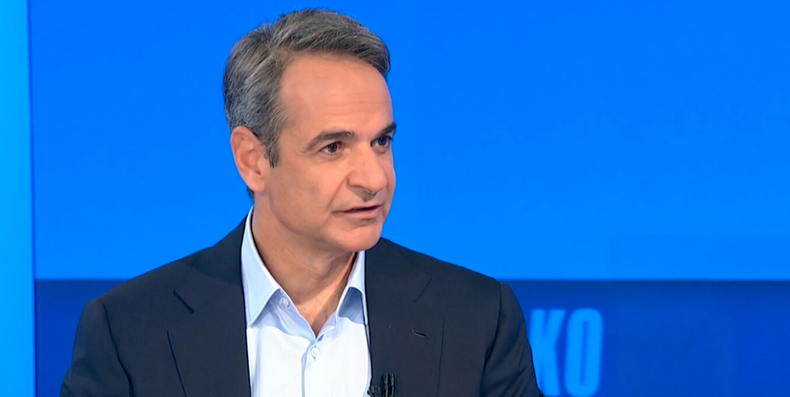Taking the floor of Greek Parliament following three days of debate on Greek government policies, Prime Minister Alexis Tsipras addressed lawmakers. Shortly after midnight, ahead of a vote of confidence, he said:
– The next 4-year-term may be one of debate and dialogue that is necessary for Greece. He said that this term could be the one to signal Greece’s exit from the economic crisis and bring growth. He added that there are big difficulties ahead, but that the government has a specific, albeit ambitious, timetable for the changes to be made.
– By November, SYRIZA hopes that the EU review of the Greek economy is concluded for the speedy recapitalization of Greek banks, followed by debt relief. Such a development would fulfil the conditions for a return to positive growth rates in the first half of 2017 and a return to economic stability and investor trust. “In early 2017, we can regain access to the international markets,” he said.
– Our goal when taking power (in January 25) was to negotiate for Greece and address the humanitarian crisis in Greece, and he accused the opposition of rushing to go into the markets though they were aware that the country was not ready to do so.
– PM accused the opposition for not offering alternative options beyond criticism, and leaving behind the attitude during the ND’s pre-election campaign that was based on convergence and collaboration. “What is your plan for exiting the crisis? What is your strategic vision?” he asked conservative ND lawmakers, underlining that the opposition lacks strategy. He said that by following this strategy the New Democracy party “would not see power neither in the next four years nor in the four years after that.”
– SYRIZA created “rifts” in the EU through its negotiation. He accused the ND party of working against SYRIZA so that it would fail, and “that was not a responsible position on behalf of the Greek people.”
– The agreement with lenders includes 86 bln euros and a mini-restructuring of the debt further down the line.
– Capital controls and negotiations did not make debt explode in their seven months of power, said Tsipras while pointing to this statement as a “communicative firework” used by the opposition. On the contrary, debt explosion was the result of previous failed policies eg. PSI that destroyed insurance funds.
– French President Francois Hollande’s comments on Greek debt made at the European Parliament earlier on Wednesday were refered to by the PM. “Why were these views not expressed in your leadership but in ours?” he asked.
– SYRIZA’s goal is to put the Greek economy in development by exploiting the advantages of the Greek economy with 4 targets: (a) a return to collective bargaining in work contracts; (b) an end to dismissals; (c) the creation of a new fund for state assets; (d) a plan for non-performing loans without foreclosures.
– He said that “from tomorrow, we need to start by assisting the weaker groups, by beefing up the health system, combatting unemployment and clamping down on tax evasion.”
– Tsipras complained regarding the mass media’s coverage of the elections and referendum, but said that he never called a media mogul to ask a favor. “That is why we have power, because we owe nothing to anybody!” He called on all parties to vote for the government’s draft bill on radio and TV licenses, announcing that it will be submitted to parliament in ten days.
– From the first day, Tsipras and Foreign Minister Nikos Kotzias have utilized a plan to beef up Greece’s geopolitical role with meetings with officials from China, the US, Egypt and plans to tighten relations with both Israel and Palestine for the just struggle for the creation of a Palestinian nation.
– “Let’s grit our teeth to put an end, as speedily as possible, from our review,” he said, pointing out that “little Greece” has become a “symbol” of struggle. He said that there are “difficult decisions” to be made ahead. “We will proceed steadily to change our country.”
– “Our central concern is the protection of the weaker groups.”



































